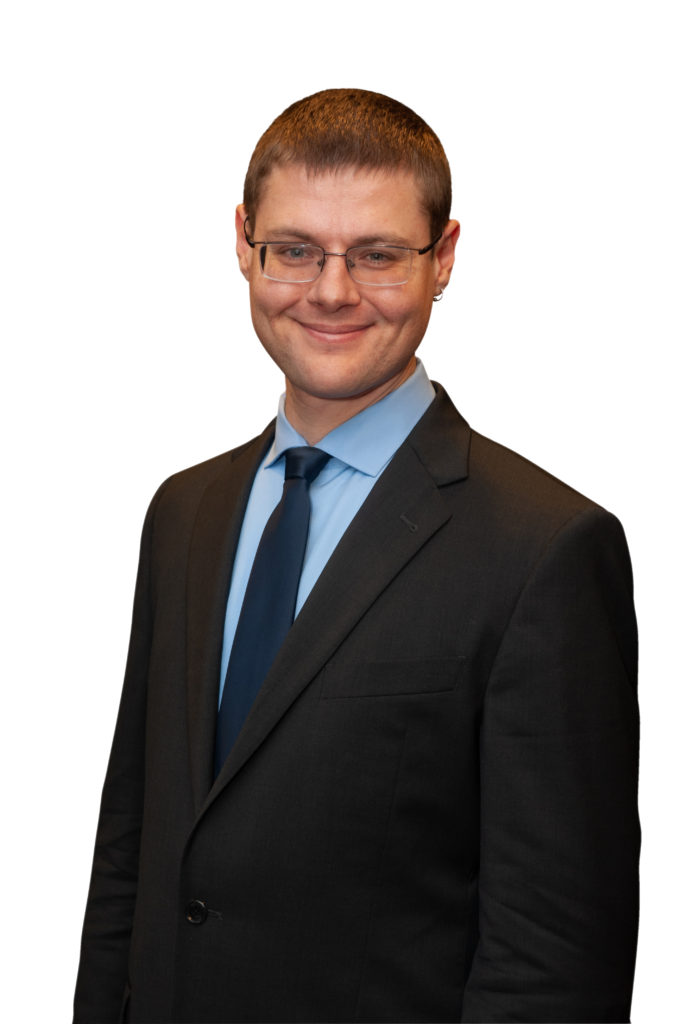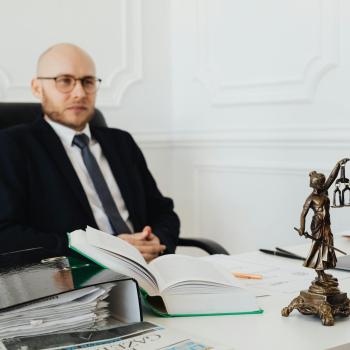
According to a recent survey conducted by job site Monster, more than one in four (26%) US workers would rather undergo a root canal procedure than work in their offices five days a week. Additionally, nearly two in five (38%) workers said they would quit a job that required just one day onsite. These staggering statistics reveal a clear shift in workers’ attitudes towards the traditional office environment, and companies that fail to adapt to this change risk losing their most valuable asset: their employees.
As a highly experienced expert in the field of hybrid work, I talk with 5-10 leaders every week about how to make hybrid work serve their needs well. I ask them what their top concern is, and most say it’s hiring and retaining talented staff.
External surveys say the same thing, such as a recent survey by Vistage of the leaders of small and medium-sized businesses. It found that 60% of SME CEOs are planning to increase headcount in the year ahead, with only 7% planning on reducing headcount. According to Vistage Chief Research Officer Joe Galvin, this is a significant shift from the trend of big companies making headlines with layoffs, as small and medium business CEOs are reluctant to lay off their hard-won new employees. One key reason for this shift is the recognition that hiring challenges are impacting the ability of these businesses to operate at full capacity. With 61% of CEOs saying that hiring challenges are a major concern for their ability to operate effectively at full capacity, it’s clear that companies are committed to winning the talent wars. Moreover, given the US unemployment rate is at 3.5%, the lowest since February 2020 at the start of the pandemic, the labor market is clearly very tight and it will take a lot to change the situation.
Given this information, I confidently tell the leaders whom I advise that the future of work is in a flexible hybrid work model that allows for some full-time remote work. This model not only keeps workers happy and engaged, but it also has a positive impact on a company’s bottom line.
Increased Productivity and Employee Engagement
One of the most significant benefits of a flexible hybrid work model is increased productivity and employee engagement. Studies have shown that remote workers tend to work more efficiently and are less likely to experience burnout. A mid-size IT services company that I consulted for implemented a flexible working policy, and they saw a 20% increase in productivity among their remote workers.
Remote workers have the ability to create their own personalized work environment, which leads to an increase in productivity. They can work from a location that is most comfortable for them, whether that be their home, a coffee shop, or a coworking space. This leads to a decrease in distractions and an increase in focus, resulting in a higher level of productivity.
Flexible working also has a positive impact on employee engagement. When employees have the ability to work in a way that suits them best, they are more likely to be engaged and motivated. This leads to a decrease in turnover, and an increase in employee loyalty and job satisfaction.
Access to a Wider Talent Pool
A flexible hybrid work model also allows companies to tap into a wider talent pool. When companies are not limited by geographical location, they can attract and retain the best talent from all over the world. A large financial services company that I worked with had difficulty finding qualified candidates in their local area, but by implementing a flexible working policy, they were able to hire top talent from other parts of the country.
A flexible working policy also allows for a more diverse workforce, as it can attract candidates who may have previously been excluded due to geographical constraints. This diversity leads to new perspectives, ideas, and innovation.
Cost Savings on Talent
Flexible working can also lead to significant cost savings for companies. A flexible hybrid work model reduces the need for office space, and it can also lead to a reduction in absenteeism and turnover. A retail company that I consulted for implemented a flexible working policy, and they saw a 30% reduction in absenteeism due to less workers taking sick days, and a 20% reduction in turnover.
When employees have the ability to work from home, it leads to a reduction in absenteeism as they are less likely to be affected by things such as traffic, weather, or public transportation issues. This can also lead to a decrease in sick leave, and an increase in overall productivity.
Flexible working can also lead to a reduction in turnover, as employees are more likely to be satisfied and engaged in their work. This leads to a decrease in the cost of recruiting and training new employees.
Addressing Cognitive Biases
Cognitive biases can play a significant role in decision-making when it comes to flexible working. The status quo bias, for example, leads managers to resist change and stick to the traditional office environment. The sunk cost fallacy can also come into play, where managers may be reluctant to change the way things have always been done because they have invested so much time and resources into the current system. By being aware of these cognitive biases and actively working to overcome them, companies can make more informed and effective decisions about their working policies.
One way to overcome these biases is to gather data and conduct studies on the impact of flexible working on employee productivity, engagement, and turnover. This can provide concrete evidence to support the implementation of a flexible hybrid work model. Additionally, it is important for managers to actively seek out feedback from employees on their preferences for working arrangements and to consider their needs and concerns.
Implementing a Flexible Hybrid Work Model
Implementing a flexible hybrid work model can seem daunting, but with proper planning and communication, it can be done successfully. It is important to set clear guidelines and expectations for remote work, such as setting specific hours of availability and ensuring regular communication with team members.
It is also important to provide the necessary tools and resources for remote work, such as a reliable internet connection and a secure virtual communication platform. Providing training on hybrid work best practices and technology can also help to ensure a smooth transition, as can hiring a hybrid work consultant to guide your transition.
Conclusion
The shift in workers’ attitudes towards the traditional office environment is undeniable. Companies that fail to adapt to this change risk losing their most valuable asset: their employees. A flexible hybrid work model that allows for some full-time remote work is the future for anyone who cares about worker retention, increased productivity, access to a wider talent pool, cost savings, and overcoming cognitive biases. The time for companies to implement this model is now. As a leader of a company, it’s important to recognize that the traditional office model may no longer be the best option for your employees or your business. By embracing a flexible hybrid work model, you can retain top talent, increase productivity, and save costs. The future of work is here, and companies that adapt will be well-positioned for success.
Key Take-Away
A flexible hybrid work model is the future of worker retention, and also benefits a company’s bottom line through increased productivity, employee engagement, and access to a wider talent pool with cost savings on talent… >Click to tweet
Image credit: Jopwell/Pexels Originally published in Disaster Avoidance Experts
Dr. Gleb Tsipursky helps leaders use hybrid work to improve retention and productivity while cutting costs. He serves as the CEO of the boutique future-of-work consultancy Disaster Avoidance Experts. He is the best-selling author of 7 books, including the global best-sellers Never Go With Your Gut: How Pioneering Leaders Make the Best Decisions and Avoid Business Disasters and The Blindspots Between Us: How to Overcome Unconscious Cognitive Bias and Build Better Relationships. His newest book is Leading Hybrid and Remote Teams: A Manual on Benchmarking to Best Practices for Competitive Advantage. His cutting-edge thought leadership was featured in over 650 articles and 550 interviews in Harvard Business Review, Forbes,Inc. Magazine, USA Today, CBS News, Fox News, Time, Business Insider, Fortune, and elsewhere. His writing was translated into Chinese, Korean, German, Russian, Polish, Spanish, French, and other languages. His expertise comes from over 20 years of consulting, coaching, and speaking and training for Fortune 500 companies from Aflac to Xerox, and over 15 years in academia as a behavioral scientist at UNC-Chapel Hill and Ohio State. A proud Ukrainian American, Dr. Gleb lives in Columbus, Ohio.














